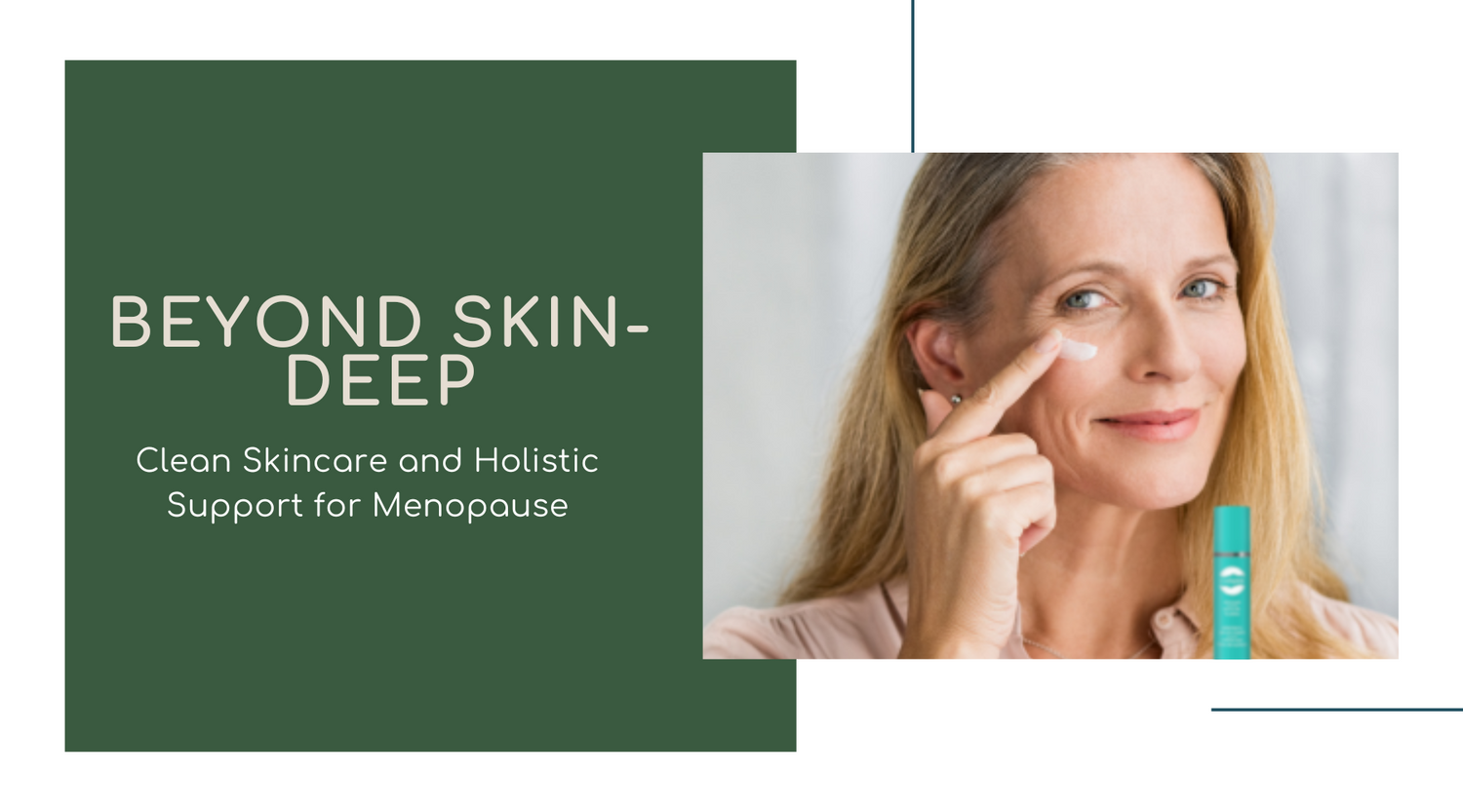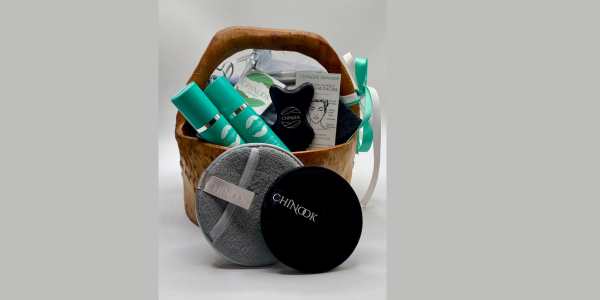
Embarking on a journey to achieve radiant and healthy skin begins with a fundamental focus on moisture and hydration. The significance of maintaining optimal skin hydration in skincare cannot be overstated. Well-hydrated skin feels supple and smooth and exhibits a natural glow that reflects overall vitality.
Environmental factors, such as exposure to harsh weather conditions, indoor heating, and lifestyle choices like insufficient water intake, can deplete the skin's moisture levels, leaving it prone to dryness and dullness. Fortunately, integrating simple yet effective hydration strategies into your skincare routine can rejuvenate your complexion and unveil a radiant, glowing visage.
One indispensable step in promoting skin hydration is selecting the right moisturizer for your skin type. Whether your skin is oily, dry, or somewhere in between, choosing a moisturizer tailored to your needs is key. Lightweight, non-comedogenic formulas work well for oily or combination skin, while richer, emollient options are ideal for dry skin types.
Applying moisturizer immediately after cleansing helps seal in the skin's existing moisture and creates a protective barrier against external elements.
Additionally, incorporating humectant-rich products, such as those containing hyaluronic acid or glycerin, can attract and retain water molecules, enhancing the skin's ability to maintain a hydrated and radiant appearance.
Click here for further information about gel-to-milk cleanser
Add Moisture to Your Skin
In addition to using moisturizing products, several DIY treatments and natural ingredients can effectively hydrate the skin. One option is to create moisturizing masks at home using ingredients like honey, avocado, and yogurt.
These ingredients are rich in properties that deeply hydrate and nourish the skin, leaving it soft and supple.
Another natural option is to incorporate face oils into your skincare routine.
Oils such as jojoba, argan, and olive oil are packed with moisturizing benefits and can help replenish moisture and improve the skin's barrier function.
When it comes to maintaining skin hydration, adding moisture and ensuring the skin stays hydrated is essential. Providing the necessary hydration strengthens the skin's natural barrier, preventing moisture loss and keeping the skin healthy.
Importance of Skin Moisturizers
Using skin moisturizers is crucial for maintaining healthy and hydrated skin. They add moisture to the skin and provide hydration to nourish and protect it.
Moisturizing products such as hydrating creams, facial moisturizers, and body lotions are essential for a good skincare routine, especially for dry skin.
These moisturizers are hydrating and packed with moisturizing ingredients like hyaluronic acid and ceramides.
Achieving a Dewy Complexion
Achieving a dewy complexion goes beyond just surface-level hydration. It requires a combination of a well-rounded skincare routine and lifestyle choices that prioritize skin health.
You can effectively nourish, hydrate, and moisturize your skin by understanding specific products' moisturizing benefits and hydrating properties.
Hydrating serums and moisturizing masks are great additions to your skincare arsenal, providing an extra boost of hydration. Look for products containing botanical extracts, hyaluronic acid, and ceramides to replenish and restore moisture levels, adding the essential moisture, hydration, and nourishment your skin needs for a healthy and hydrated complexion.
Nourish and Hydrate with Natural Ingredients
In addition to using hydrating serums and moisturizing masks, several natural ingredients can nourish and hydrate your skin effectively. Incorporating these ingredients into your skincare routine can provide long-lasting hydration and a youthful, dewy finish.
One such ingredient is aloe vera, known for its hydrating properties. It helps to replenish moisture and soothe dry patches and flaky skin. Another natural ingredient that can add moisture and hydration to your skin is aloe vera.
Moisturizing vs Hydrating
While moisturizing and hydrating are often used interchangeably in the beauty industry, they refer to two processes essential for achieving optimal skin health. Understanding the difference between the two can help you make more informed decisions about your skincare routine and choose the right products for your needs.
Moisturizing products, such as skin moisturizers, create a barrier on the skin's surface to retain moisture.
They typically contain ingredients like ceramides, glycerin, and hyaluronic acid that help to replenish and lock in moisture.
These products are particularly beneficial for individuals with dry skin or wanting to combat it.
Essential Steps for Hydrating Skincare
One essential step for hydrating skincare is incorporating a hydrating toner into your skincare routine. Hydrating toners contain ingredients like hyaluronic acid, glycerin, and botanical extracts, adding moisture and hydration to the skin.
After cleansing your face, apply a few drops of hydrating toner to a cotton pad and gently swipe it over your face and neck.
This will help to prepare your skin for better absorption of the subsequent skincare products and lock in moisture. Hydrating mist can add moisture and hydration to the skin, leaving it feeling refreshed, dewy, and rejuvenated.
Hydrating Serums for Moisture
Hydrating serums are a game-changer when providing deep hydration to the skin. These serums are specifically designed to hydrate and nourish the skin with moisturizing ingredients such as hyaluronic acid, ceramides, glycerin, and botanical extracts.
One of the key benefits of hydrating serums is their ability to retain moisture in the skin. Their lightweight and water-based formulas penetrate deeply into the skin, replenishing and locking in moisture for a long-lasting hydration effect.
When using hydrating serums, it's important to apply them correctly. After cleansing and toning your skin, gently pat a few drops of the serum.
Hyaluronic Acid for Skin Hydration
Hyaluronic acid is a powerful ingredient that offers exceptional benefits for skin hydration. It attracts and retains moisture, making it an ideal addition to any skincare routine.
When applied topically, hyaluronic acid acts as a humectant, drawing moisture from the environment and locking it into the skin.
One of the remarkable properties of hyaluronic acid is its ability to hold up to 1000 times its weight in water, which helps to replenish and plump the skin. This results in a dewy, glowing complexion that looks and feels hydrated while providing much-needed moisture and replenishment to the skin.
Moisturizing Masks for Refreshing Hydration
Moisturizing masks are a game-changer when adding moisture and hydration to the skin. These masks are specifically designed to provide intense hydration and nourishment to the skin, leaving it feeling refreshed and revitalized.
Unlike regular moisturizers, moisturizing masks contain more moisturizing ingredients such as hyaluronic acid, ceramides, and glycerin.
These ingredients can penetrate deep into the skin, replenishing moisture and restoring the skin's natural barrier. Adding a deeply nourishing moisturizer or hydrating serum can work wonders for replenishing and revitalizing the skin, providing a boost of much-needed moisture to achieve a healthy, glowing complexion.
Hydrate Your Skin with Foods
Did you know that the food you eat can directly impact your skin's hydration? It's true! Certain foods are packed with essential nutrients, antioxidants, and healthy fats that can promote skin hydration and overall skin health. Incorporating these foods into your diet can help you achieve that coveted, youthful glow from within.
One such food is avocado. Avocados are known for their high content of healthy fats, specifically monounsaturated fats, which help moisturize and hydrate the skin.
They also contain vitamin E, a powerful antioxidant that protects the skin from damage caused by free radicals.
In addition, incorporating a moisturizer into your daily skincare routine is essential to add moisture and hydration to your skin.





